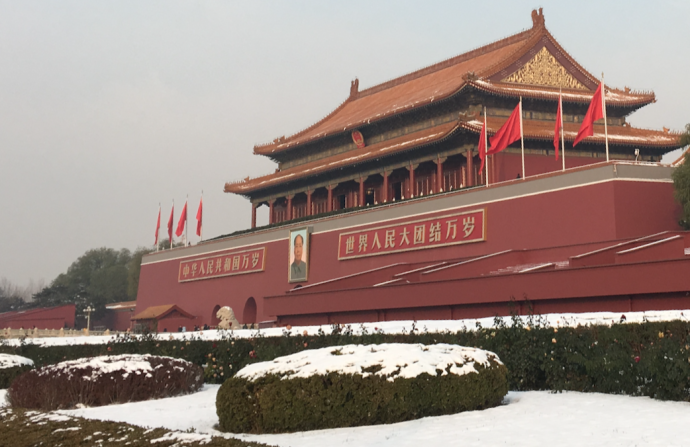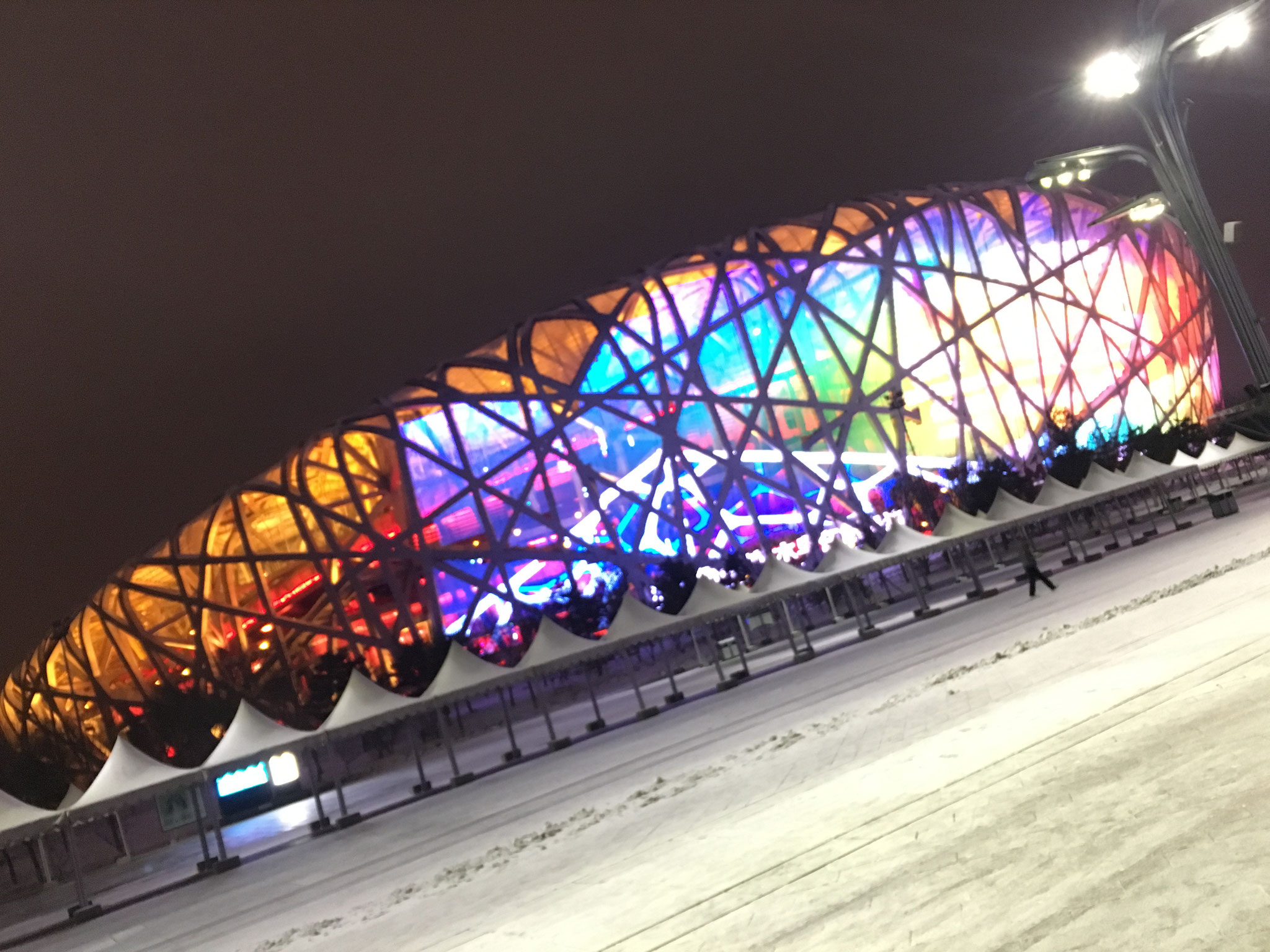Beijing; Where to Stay and Getting Around

This has to be my favourite city in the world. It’s just mental, but in a good way. I like cities, I like the skylines and the general pace, I can really appreciate the architecture of buildings, both old and new. Of course, not all cities are created equally, somewhere like St David’s in Wales doesn’t quite deliver on those points, but it has other charms.
For me, I like the big, the tall, the sprawling cities, and Beijing, is among some of the biggest.
I’ve been to Beijing a few times now, I keep telling my wife, this is my favourite place, I’d love to spend an elongated period of time there, but it does have its downside as well, mainly the air quality.
If I had to choose between Beijing and Chengdu, I might struggle, as Chengdu offers nearly the same, but with slightly better air quality and much milder winters.
WHERE TO STAY
At the time of writing, Beijing Capital International Airport is North West of Beijing, but that’s due to change as the Chinese are busy constructing a new, even larger, airport to the South of Beijing. So advice I give today, might need to be amended in a couple of years.
Dongzhimen is my go-to area. It’s a short, 25 minute, train ride from Beijing Capital International Airport.
As long as you don’t mind being underground, you should find the Beijing Underground to be a very convenient way of getting around, Dongzhimen is on a couple of lines making it easy to transfer and reach most places within an hour or so. Of course, most tourists will likely find they gravitate towards the center and a little south of center as this is where the big ticket Beijing tourist attractions can be found, again, Dongzhimen is ideally located for such excursions.
BEIJING UNDERGROUND NETWORK
I remember when I first went to Beijing, I had read a Lonely Travel Guide and it said that any subway maps are quickly outdated by the ever growing tube network, and perhaps that’s true, however, it left me with some concern as to how reliable the information will be once I’m on the ground. Well, if you read that as well, it’s only true to some extent, and mainly something that concerns the edges of the Beijing underground. Generally, the central lines don’t change a great deal, and generally, as a tourist, the central areas of Beijing will be all you need to know about.
One thing that surprised me, was just how easy it is for an English speaker to move around Beijing. The underground network has English translations on all official maps and the underground trains announce which station you are approaching, or have arrived at, in both Mandarin and English. This made getting around Beijing via the underground network even easier than trying to understand the instructions in Paris for example.
This official Chinese Government website, available in English is an excellent resource for information on the Beijing underground: http://www.ebeijing.gov.cn/feature_2/BeijingSubway/
WHERE TO EAT
So this is a little trickier to advise, because the city is growing so rapidly, it’s hard to stay on top of the best food places, but then I guess it depends what you want to eat. If you want fine Western cuisine, it is available, some of the biggest and most expensive western hotel chains can be found here.
That said, for me personally, as a Westerner, the last thing I want to eat is Western food. You should embrace the local food, and while fine restaurants have their place, street food vendors are King or Queen for me.
Food is high quality and low priced, portions are not super American size, but they are enough, and it’s cheap, if you’re hungry, buy another round. In fact I would suggest you try to pick two different things from every menu as that will give the you best introduction to the widest range of authentic Chinese cuisine. If you like something, by all means, write it down, remember it and buy it again, but do not keep buying the same thing, not because it’s bad for you, but because you’ll miss out on everything else.

Let’s not kid ourselves here, there will be things you don’t like, sometimes it’s the taste, often it will be the texture, but mostly it will be as a result of your own sensibilities or self-imposed restrictions. As an example, some people choose not to eat meat, and some people are happy to eat meat but they are not willing to eat a chicken foot, then of course, there are those that are happy to eat a chicken foot but eating a scorpion is a step too far. We all have our limits and there is nothing wrong with them, you can be a vegetarian and still try a hundred different things in Beijing.
If you just want a little home comfort, you’ll find Starbucks, Costa Coffee and a few Bars located across Beijing that will serve a Coffee, muffin or beer that can give you that homely fix.
With regards to Starbucks, I was surprised how similar the Beijing stores are to their US counterparts, these are a little different from the UK and mainland Europe, but similar enough that you can walk in and ask for an Americano or a Latte and get pretty much the drink you were expecting. I was also surprised how quickly the staff switched to English when I had made my way to the front of the queue. I wasn’t expecting that, and the first time I stumbled into a Starbucks, it was an extremely cold November day (-8c/17f), I needed some warmth, I saw the familiar green glow of the Starbucks mermaid, walked in and grabbed my iPhone for a quick refresher on ordering a coffee for the first time. So there I am, standing in the queue, mentally practicing my little phrase, waiting for my turn, when the barista saw me and said ‘Can I take your order sir?‘ in English, it completely threw me and I stumbled for a second before responding. I tried 3 or 4 more Starbucks stores over the next week, and whilst the coffee in Starbucks is vastly more expensive than you will find if you walk into a local café, it was a nice taste of ‘home‘ (although I am not actually from Seattle, nor am I an America, so when I say home, I really mean ‘familiarity’). In Each store, the staff spoke English to me, they offered their English before I tried my Mandarin, I’m not sure if this is a job requirement for Starbucks staffers in China or if I just happened to meet people that wanted to practice their English with me.
One more Starbucks story (and no, this blog post is not sponsored by said coffee brand), you will notice quite a few ‘rip-off‘ brands in China, I saw a couple of Coffee Stores that were ‘almost’ Starbucks, but not quite. Prices were generally better, the coffee was about the same (I like Starbucks, but I like it for its familiarity, not it’s coffee).
Home · Blog · More Products
